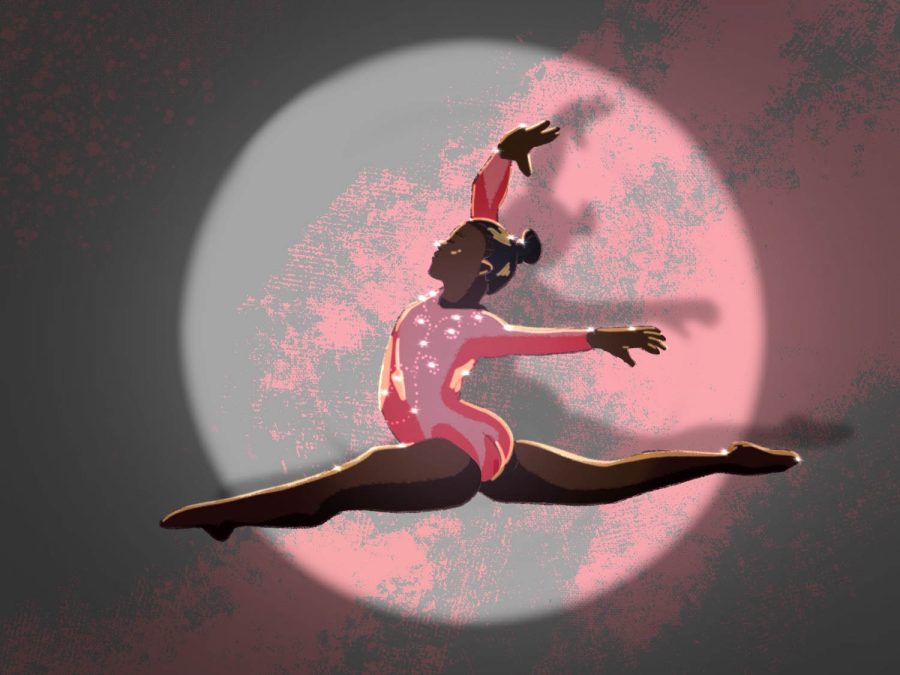D1 Gymnastics is making a change for the better
This gymnastics team is raising the bar of expectation for HBCUs
Fisk university has entered the scene and is looking to make an impact.
January 19, 2023
Fisk University of Nashville, Tennessee has become the first historically Black university (HBCU) to have its gymnastics team compete on the National Collegiate Athletic Association (NCAA) stage.
Gymnastics is a pretty ancient sport, so the fact that HBCU is finally competing at the NCAA level is a pretty big deal and has been a long time coming.
According to the Smithsonian Magazine, gymnastics can be followed back to Ancient Greece, where men would perform athletic events, “including running, tumbling floor exercises, weight lifting and swimming, were undertaken while unclothed.”
Over time, further interpretations of gymnastic-esque activities can be found, such as Egyptian hieroglyphs and Chinese art.
Gymnastics was officially recognized as a sport in 1881, and the definition and what was included as a gymnastic event was pretty broad. “Some of the events competed were men’s horizontal bar, parallel bars, pommel horse, rings, vault, high jumping, rope climbing and running” Gymnasticshq.com wrote.
Some of those events, such as rope climbing and running, have either been fazed out or modified. Events like pommel horse, vault and rings are still in the Olympics to this day olympiandatabase.com wrote.
Changing scope back to the topic at hand, the NCAA has had a gymnastic’s program since 1982, according to the NCAA gymnastic website. The first five years of the NCAA womens gymanstics were all won by the University of Utah, its streak running from 1982-1986.
The participation of Fisk University is monumental for the story and history of gymnastics, according to an article from USA TODAY SPORTS, the Fisk University women’s gymnastics team had only been around for 14 months before qualifying and competing at the NCAA level.
Some of the most influential people of our time graduating from HBCUs, experiencethelegacy.org wrote; Reverend Doctor Martin Luther King, Junior, Vice President Kamala Harris, sports journalist Stephen A. Smith, poet Langston Hughes and many more important figures attended HBCUs.
Fisk University is a part of the National Association of Intercollegiate Athletics (NAIA) but competed in the NCAA “Super 16” against North Carolina, Southern Utah and Washington, and placed fourth.
Seeing the path for a university to create a program for a sport and competing at a national level in only 14 months is incredible, and Fisk University has a chance to pave a path for other collegiate gymnastics programs to compete at the NCAA level.
There are a number of HBCUs in the NCAA, but there are attorneys, such as Beth Fegan, arguing that the NCAA is setting unfair academic sanctions against HBCUs, an NPR article wrote. Fegan, along with other attorneys, have filed a discrimination lawsuit against the NCAA.
“While only six and a half percent of Division 1 schools are HBCUs, seventy-two percent of the teams that’ve been banned from post-season competition are HBCUs. So in effect, 114 of 159 teams are HBCU teams that’ve been banned”, Fegan said in an interview.
So, while there has been progress with HBCUs competing at the NCAA level of competition, there is still a disparity in equality and in fairness between the two entities. Hopefully, Fisk University can lead the charge to more HBCUs competing at the NCAA level if they choose to do so.









